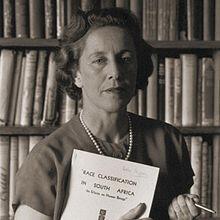Politics and Government: Social Policy
Ida Klaus
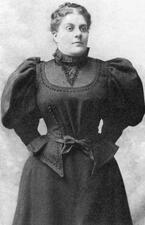
Rebekah Bettelheim Kohut
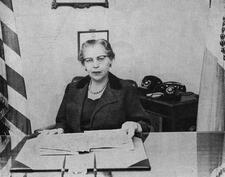
Anna Moscowitz Kross
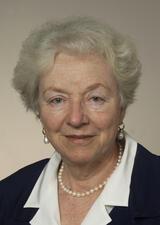
Madeleine May Kunin
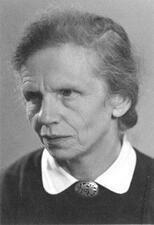
Emma Levine-Talmi
Politician and writer, Emma Levine-Talmi, grew up in a liberal Jewish home in Warsaw before immigrating alone to Palestine in 1924 at the age of nineteen. She was active in Kibbutz life before becoming a member of Knesset for the Mapam party. During her time in the Knesset, she engaged in social issues, including, equal rights for women.

Lorna Lippmann
Lorna Lippmann (1921-2004) was an Australian researcher and educator who devoted much of her life to the promotion of Aboriginal rights. She was an activist, academic researcher, author, government advisor, and community relations practitioner. Aboriginal leaders praised her pioneering contributions.
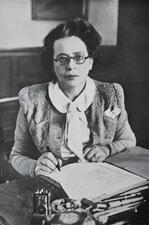
Sarah Gertrude Millin
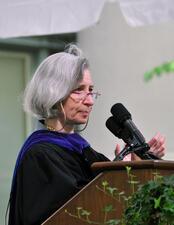
Martha Minow
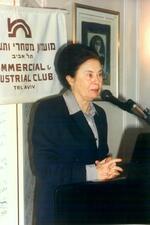
Ora Namir
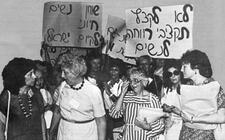
Non Governmental Organizations (NGOs) in Israel, 1948-2000
Ina Perlman
Ina Perlman was a hands-on anti-Apartheid fighter and the face of “Operation Hunger,” which saved the lives of countless Black South Africans facing death and starvation in Apartheid South Africa.
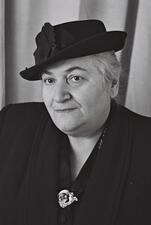
Shoshana Persitz
Born in Russia to wealthy parents, Shoshana Persitz was a passionate Zionist and a leader in education reform. She operated a Hebrew-language publishing house in Russia before making Aliyah to Israel, where she continued in publishing and served three terms in the Knesset.

Justine Wise Polier
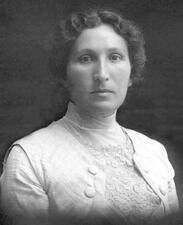
Political Parties in the Yishuv and Israel
Women’s political parties have played an important, though to date poorly acknowledged, role in the social and political history of Israel. They had a significant impact on women’s participation in power center, political and other; they placed a major part in the struggle for women’s right to vote and to be elected; they raised the issue of violence against women, and much more.
Politics in the Yishuv and Israel
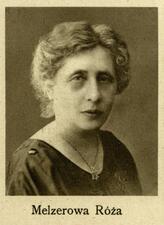
Róża Pomeranc-Melcer
Róża Pomeranc Melcer was a social reformer, feminist, and Zionist active in Galicia and later in Eastern Lesser Poland. She was the first and only Jewish Member of Parliament in the Second Polish Republic (1918-1939) and championed the goals of modern Zionist women's politics.
Elizabeth Brandeis Raushenbush
Following in the footsteps of her famous father, Supreme Court Justice Louis Brandeis, Elizabeth Brandeis Raushenbush became an expert on labor legislation in the United States and one of its strongest defenders.
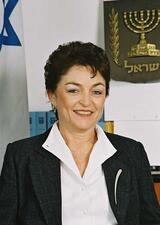
Saviona Rotlevy

Madalyn Schenk
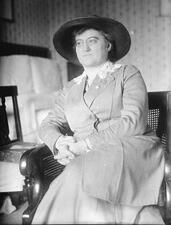
Rosika Schwimmer
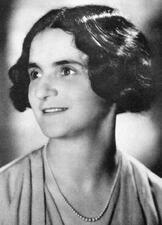
Toni Sender
Toni Sender’s wide-ranging quest to save the world led her from the union hall to the German Parliament (as a socialist) and finally to the United Nations. She helped found Germany’s Independent Social Democratic Party (USPD) and served in the German Parliament from 1924 to 1933. After fleeing to the United States in 1933, she joined the board of the German American Council for the Liberation of Germany from Nazism, and after 1944 she became active with the UN, retiring in 1956.
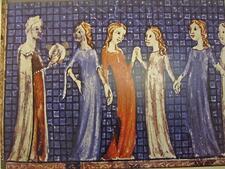
Medieval Spain
Written histories of Jews in medieval Spain rarely include women, so one must seek alternate sources. Marital status was the frequent topic of rabbinic responsa. Some Jewish women made their own income as merchants and moneylenders. Inheritance laws were problematic for Jewish women – disputes were settled in both Jewish and non-Jewish courts.
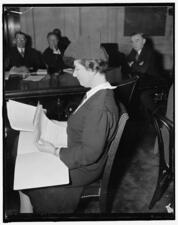
Dorothy Straus
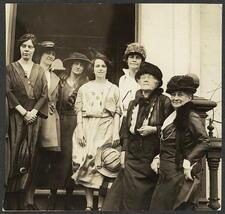
Suffrage in the United States
American Jewish women were heavily involved in the suffrage movement from its earliest days, though mostly as individuals rather than through organizations. Middle-class Jewish women believed the vote was necessary to achieve their broader reform goals, while working-class women hoped enfranchisement would improve their working conditions and economic opportunities. By the time the Nineteenth Amendment finally passed in 1919 the American Jewish community overwhelmingly supported it.
